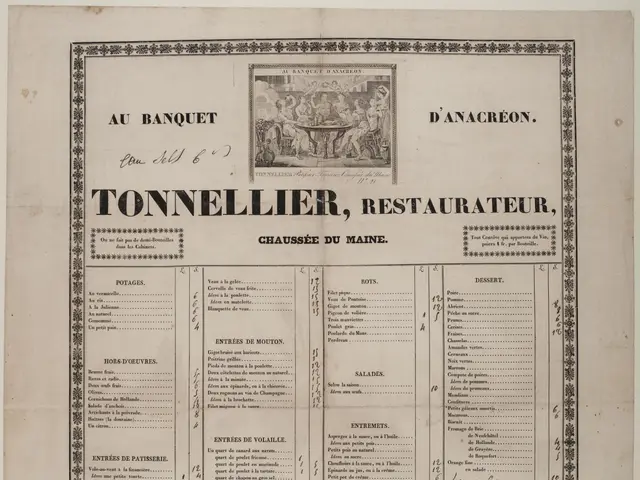Revamped trade tariffs by Trump are poised to restructure global automotive supply networks, potentially causing upheaval in industry financing.
The world of international trade is bracing for a significant shake-up, as US President Donald Trump has signed a Presidential Memorandum, ordering a plan for global reciprocal trade agreements and tariffs. This move could trigger a host of global trade negotiations, potentially causing chaos among the automotive supply chain and hurting investment and long-term planning in automotive logistics.
The US tariff on vehicle imports currently stands at 2.5%, and 25% for light-duty trucks. However, the US will no longer tolerate being "ripped off" and will correct the imbalance in reciprocal trade. This decision could have far-reaching implications, especially for the automotive industry, where the task to discover how goods are taxed and where there are government subsidies will be monumental.
The European Commission has pledged to respond "firmly and immediately" to the US' reciprocal tariffs, calling them "a step in the wrong direction." The EU imposes a 10% tariff on imported vehicles, and between 3-4.5% for most imports of automotive parts. China, another major player in the global automotive market, has retaliated against Trump's tariffs with a 10% duty on US vehicles.
The US administration will look at nonreciprocal trade deals and taxes or tariffs, including differences in value-added tax (VAT). However, it's important to note that President Trump's belief that VAT functions like a tariff is fundamentally incorrect. VAT is usually paid on all (non-essential) products sold, whether they are produced domestically or imported, and does not function like a tariff or a protectionist trade barrier that discriminates against imported goods.
The EU has worked with trading partners like the US to reduce tariffs and other trade barriers worldwide, but the US' actions are undermining these commitments. The Mexican and Canadian governments have promised they will retaliate against any tariffs imposed on them.
Experts warn that a trade war "would be terrible not only for the North American region but also for the world." Claudia Ávila Connelly, an international trade, nearshoring & economic development expert, and Daniel Harrison, an in-house automotive analyst at Automotive Logistics, both share this concern. They believe that Trump's tariff threats could reverse the success story of decades of globalization and relatively tariff-free trade, creating chaos and uncertainty, and increasing retaliatory measures, trade barriers, and the cost of doing business.
The US previously set tariffs through the World Trade Organization (WTO), but Trump's announcement marks a departure from this norm. China has also lodged a complaint with the WTO regarding Trump's tariffs. As the world watches, it remains to be seen how these developments will unfold and what impact they will have on the global economy.







